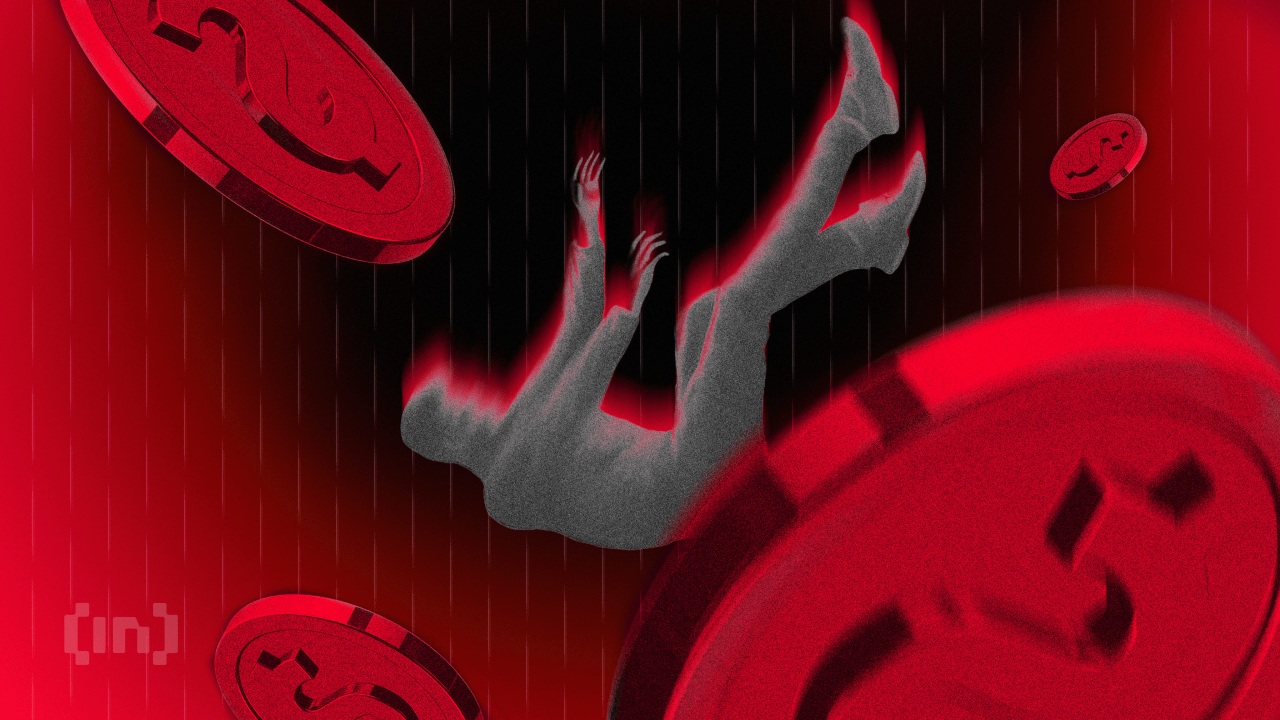
The cryptocurrency world has witnessed its fair share of controversy, but the recent rise of so-called ‘justice tokens’ has sparked a heated debate over morality and profiteering. Tokens tied to high-profile tragedies – including the deaths of US activist Charlie Kirk and Ukrainian refugee Iryna Zarutska – have become a flashpoint in this discussion within the industry.
Profiteering from Tragedy: A New Low?
The launches of these tokens, marketed as ways to honor the deceased or rally around justice movements, have received widespread condemnation. Critics argue that exploiting grief for financial gain is not only unethical but also points to deeply rooted issues within the crypto industry. Analysts have flagged pump-and-dump schemes, insider trades, and millions being pocketed by developers behind these projects.
What Are ‘Justice Tokens’?
‘Justice tokens’ are cryptocurrency tokens created in response to tragic events, often using names and narratives pulled directly from recent news headlines. For example, in the wake of conservative activist Charlie Kirk’s unexpected death during his speaking tour at Utah Valley University, several ‘Justice for Charlie’ tokens appeared. Similarly, after the brutal stabbing of Iryna Zarutska, a Ukrainian refugee, a surge of ‘Justice for Iryna’ tokens flooded the market.
The Dark Side of Meme Coins
The mechanics are not entirely new. The crypto market has seen a pattern of opportunistic token launches tied to internet hype or trending events. For instance, 2024 saw the rise of the PNUT meme coin following outcry over the euthanasia of a squirrel named Peanut, while Elon Musk’s ‘Dogefather’ comment spawned an entire wave of Dogefather-themed cryptocurrencies.
However, what separates ‘justice tokens’ from standard meme coins is the direct connection to human tragedies. These tokens intentionally leverage public grief and outrage to inflate their value quickly, creating patterns of pump-and-dump schemes that leave many investors burned as prices inevitably collapse.
Outrage and Red Flags
According to data from DexScreener, some of these tokens skyrocketed in value within just hours of their launch, climbing tens of thousands of percentage points in value. Over time, though, they have crashed in a typical pattern associated with quick-profit schemes. Analysts have reported significant ‘insider selling,’ a hallmark of pump-and-dump scams. One of the largest CHARLIE tokens reportedly showed millions of dollars in insider transactions, raising alarms among investors and watchdogs.
The Moral Divide
The situation has sparked intense debate. On one hand, critics highlight the unethical nature of these tokens, calling them an ‘immoral exploitation of grief.’ Conversely, some traders claim the coins serve a symbolic purpose, allowing the public to express solidarity and ensure the victims’ names remain in public consciousness. Still, the vast majority of industry experts warn against participating in such schemes.
Finding a Safer Alternative
While the debate rages on, one of the key takeaways is the importance of due diligence when navigating the volatile world of cryptocurrency. Instead of investing in questionable projects like ‘justice tokens,’ it might be better to consider legitimate options for trading or investing. Platforms such as Coinbase and Binance offer a safer environment, complete with robust regulatory frameworks.
Final Thoughts
The emergence of ‘justice tokens’ underscores the ongoing tension in the crypto industry between innovation and ethical boundaries. While some see these tokens as symbols of change, others view them as nothing more than cynical money grabs exploiting tragedy. As the crypto space evolves, it must confront not just technological hurdles but also moral questions that define the line between progress and exploitation.
Ready to dive into the world of cryptocurrency safely? Consider trusted products like Coinbase, a user-friendly platform for buying and trading cryptocurrency securely.






